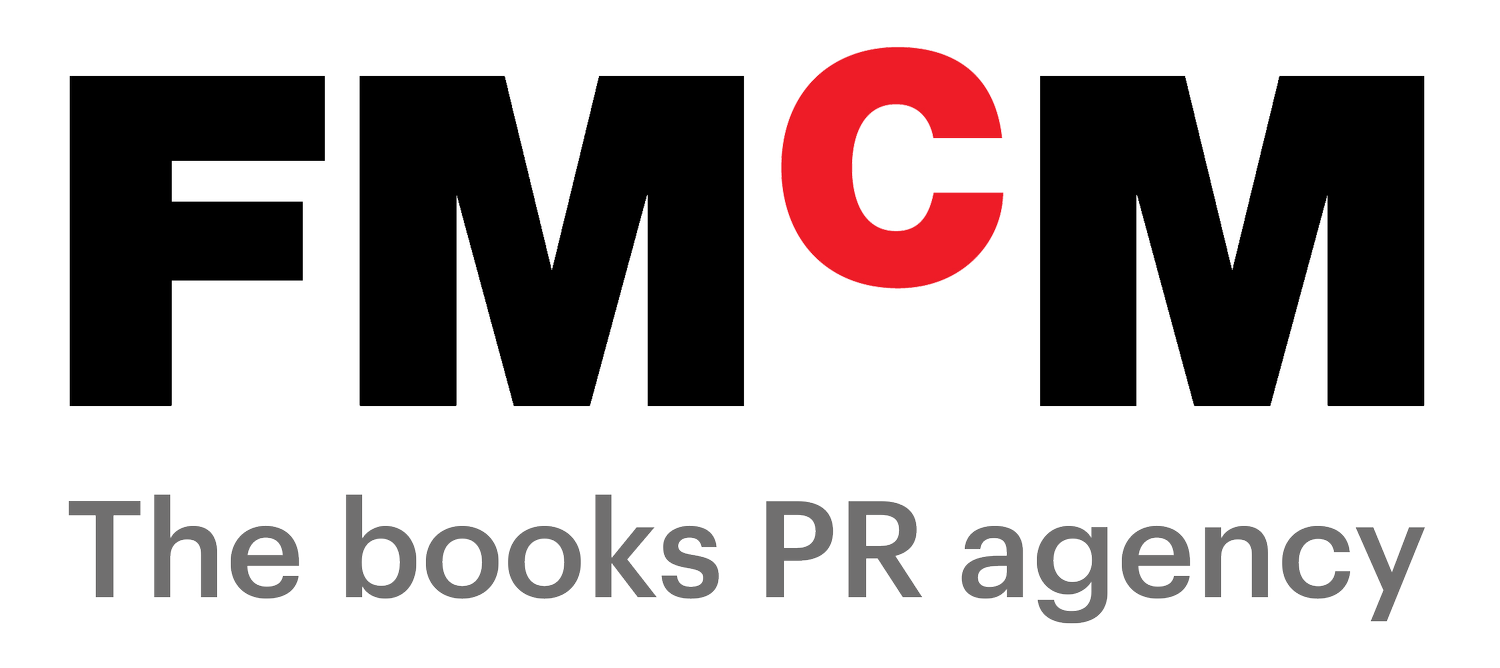Introducing… Michèle Roberts
‘Introducing…’ is our online interview series to introduce you to some of the amazing authors we’re working with and the brilliant books they have coming up!
Today we speak to Michèle Roberts, acclaimed author of twelve novels including The Looking Glass and Daughters of the House which won the WHSmith Literary Award and was shortlisted for the Booker Prize.
Her latest book Negative Capability: A Diary of Surviving was published by Sandstone Press in May and received glowing reviews. The Spectator described it as “Brave, naked, defiant and exquisitely written” and The Sunday Times as “Raw and glittering…superb.” Writer Andrew O’Hagan said: “Michèle Roberts has always been a terrific, complex writer with a natural tone, a tone of her own, and Negative Capability is among the best of her books.”
It is a book for our times. Here Michèle speaks to us about what inspired her latest work, publishing under lockdown and what’s on her own reading list…
Credit: Catarina Heeckt
Welcome Michèle! To start with, could you tell us a little bit about yourself…
I have worked as a writer all my life. I live in London mainly, though I go to France a lot. I write novels, short stories, poetry, essays, autobiography, TV comedy scripts. I have taught writing in schools, colleges and at university. I am interested in cooking for friends, growing flowers and vegetables, looking at art ( I am also an amateur painter), listening to music, and walking in the city. As an ex-Catholic I am still compelled to write about the damage fundamentalist Catholicism does.
Negative Capability: A Diary of Surviving published in May. In your own words, could you give us an overview of the book? What inspired you to write it?
Negative Capability is a diary- one day a month, for a year. I wrote it out of necessity, at a time of crisis, to help myself find a way to cope with crises in my professional and personal life. The title is a quotation from Keats, referring to his idea that 'men of genius' such as Shakespeare did not 'strive irritably after facts and reason' but could be open, not needing to be in control. The book ended up being a celebration of friendship, writing, the small and intense pleasures of daily life.
How did you find the writing process? Do you work to a set schedule?
Writing is hard work, but I love it. I write every morning and sometimes in the evenings too.
How have you found the experience of publishing your book publishing at this time?
I am delighted by the book's good reviews. I am delighted so many people seem to be liking the book. You never know what the response will be.
The pandemic has had a profound impact on people around the world. How has it been for you personally?
The pandemic has filled me with rage at our government, also sorrow for all the people ill and dying, also admiration for how people have worked to cooperate and help each other. Locally, we have a strong community, and I am very impressed by how fantastic all the young people have been, helping older ones. I passionately miss all the people I love. I miss not being able to touch people.
How has it impacted your work as a writer?
I found myself writing poetry at one stage, during the strictest period of lockdown- seven poems about freedom and escape. I am glad to have my routine of daily writing as the structure has helped me stay sane. I am currently revising a novel. I have also been writing poems for all the children I know, all the children who say they want poems written for them, and now some adults too.
And finally, can you tell us what you’ve got on your own reading list?
I am reading a lot of poetry, some French and some English, thrillers, classic novels, old French cookery books (gastroporn) plus new, modern novels.
Negative Capability: A Diary of Surviving is out now with Sandstone Press.


